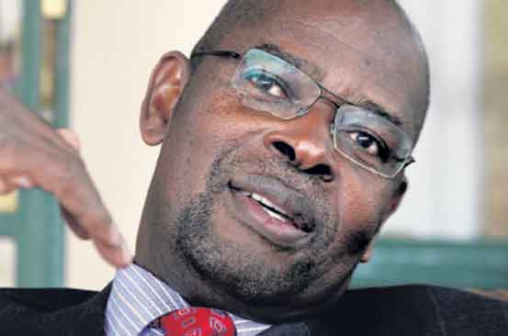×
The Standard e-Paper
Smart Minds Choose Us

The Ethics and Anti-Corruption Commission (EACC) should keep off investigations on its chairman Philip Kinisu, Attorney General Githu Muigai has advised.
Prof Muigai warned if EACC’s involvement in the probe is not terminated, questions could be raised about the commission’s independence and its ability to render an impartial decision.